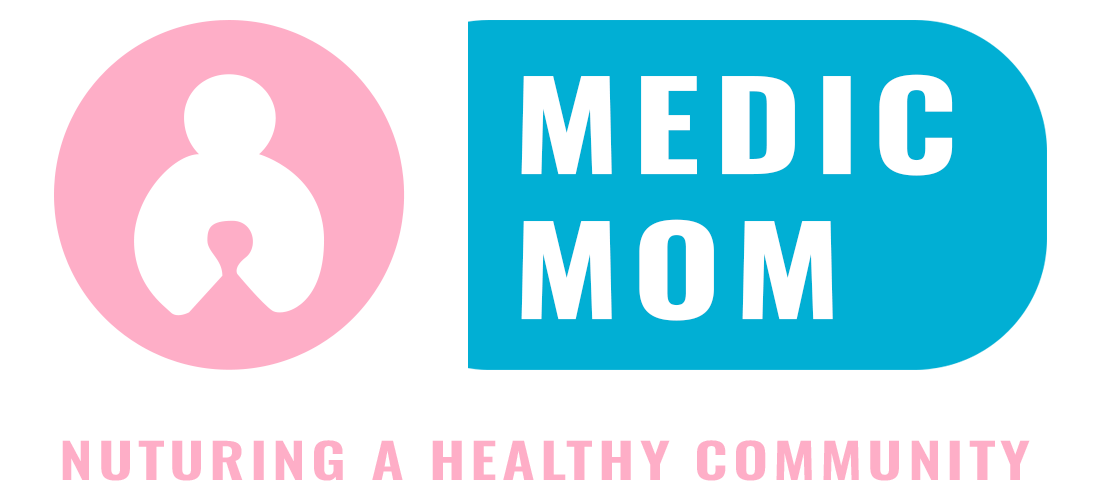Introduction
Diet plays a vital role in maintaining health and preventing diseases. The choices we make regarding food not only fuel our bodies but also impact our mental well-being, energy levels, and longevity. This article discusses the fundamentals of diet, exploring the types, risks, and ways to optimize it for better health.
Definition
A diet is the combination of foods and drinks a person consumes regularly. While some follow particular dietary plans for health, ethical, or religious reasons, everyone essentially follows a “diet” in some form. Diets vary significantly in content and quality, influencing health outcomes in many ways.
Types of Diets
Balanced Diet: Includes a variety of foods from all food groups, providing essential nutrients without excessive calories.
Plant-based Diet: Focuses on fruits, vegetables, grains, and legumes, with minimal or no animal products.
Low-carbohydrate Diet: Limits intake of carbohydrates, often focusing on proteins and fats to aid in weight loss or manage blood sugar.
Mediterranean Diet: Rich in whole grains, fruits, vegetables, lean proteins, and healthy fats, known for its heart health benefits.
Ketogenic Diet: A very low-carb, high-fat diet that puts the body in a state of ketosis to promote fat-burning.
Nutrients groups and their deficiencies
Carbohydrate is generally responsible for providing energy. Carbohydrate foods include rice, bread yam etc.
Protein is responsible for body building. Some foods with high protein content include meat, milk, fish, egg etc.
Fats and oils are also responsible for providing energy. Butter, palm oil and coconut oil are some examples of foods rich in fats and oils.
Vitamins are responsible for the control of body processes. An example is vitamin c from fruits and vegetables.
Mineral elements are involved in growth and repair and also control of body processes. Examples include sodium and calcium.
How can diet related illnesses be prevented?
The prevention of diet-related illnesses relies on making informed dietary choices. Consuming a balanced diet rich in fruits, vegetables, whole grains, lean proteins, and healthy fats is crucial. Limiting the intake of processed foods, sugars, and unhealthy fats can significantly reduce the risk of diet-related health issues. Health education, government policy on food labeling, and easy access to healthy foods are also essential in supporting healthier eating habits.
Diagnosing diet related diseases
Poor dietary habits may lead to nutrient deficiencies or health conditions that can be identified through medical evaluation. Physicians may run blood tests to check for deficiencies in vitamins and minerals or elevated levels of cholesterol and blood sugar. Regular physical check-ups can help detect and manage diet-related health issues early on.
Management of diet related diseases
Treatment of diet-related health problems often involves dietary modifications. For example, increasing fiber intake can aid digestion, while limiting salt and unhealthy fats can lower the risk of hypertension. In cases of severe malnutrition, dietitians may recommend supplements or structured meal plans. Exercise, alongside dietary changes, is also an important aspect of treatment.
Importance of a healthy diet
Individuals who adopt healthier diets are generally more healthy and live better lives. People who make sustained changes in their diet often experience improved health outcomes, such as weight management, lower blood pressure, and reduced risk of chronic diseases. However, the success of these changes depends on consistency and lifestyle adjustments.
A healthy diet is the way to go!
Maintaining a healthy diet requires planning and mindfulness. It’s helpful to meal prep, read food labels, and make a conscious effort to include a variety of foods in daily meals. Adopting a balanced approach allows for occasional indulgences without compromising overall health. For those with specific dietary restrictions, support from nutrition professionals can make adherence easier and more effective.





